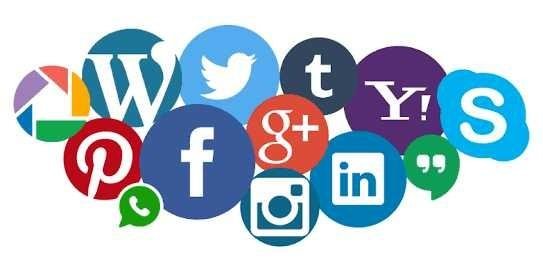Hard Questions: What Effect Does Social Media Have on Democracy?
 Around the world, social media is making it easier for people to have a voice in government — to discuss issues, organize around causes, and hold leaders accountable. As recently as 2011, when social media played a critical role in the Arab Spring in places like Tunisia, it was heralded as a technology for liberation.
Around the world, social media is making it easier for people to have a voice in government — to discuss issues, organize around causes, and hold leaders accountable. As recently as 2011, when social media played a critical role in the Arab Spring in places like Tunisia, it was heralded as a technology for liberation.
A lot has changed since then. The 2016 US presidential election brought to the fore the risks of foreign meddling, “fake news” and political polarization. The effect of social media on politics has never been so crucial to examine.
All of this raises an important question: what effect does social media have on democracy?
As the product manager in charge of civic engagement on Facebook, I live and breathe these issues. And while I’m an optimist at heart, I’m not blind to the damage that the internet can do to even a well-functioning democracy.
That’s why I’m dedicated to understanding these risks and ensuring the good far overshadows the bad.
With each passing year, this challenge becomes more urgent. Facebook was originally designed to connect friends and family — and it has excelled at that. But as unprecedented numbers of people channel their political energy through this medium, it’s being used in unforeseen ways with societal repercussions that were never anticipated.
In 2016, we at Facebook were far too slow to recognize how bad actors were abusing our platform. We’re working diligently to neutralize these risks now.
We can’t do this alone, which is why we want to initiate an open conversation on the hard questions this work raises. In this post, I’ll share how we are thinking about confronting the most consequential downsides of social media on democracy, and also discuss how we’re working to amplify the positive ways it can strengthen democracy, too.